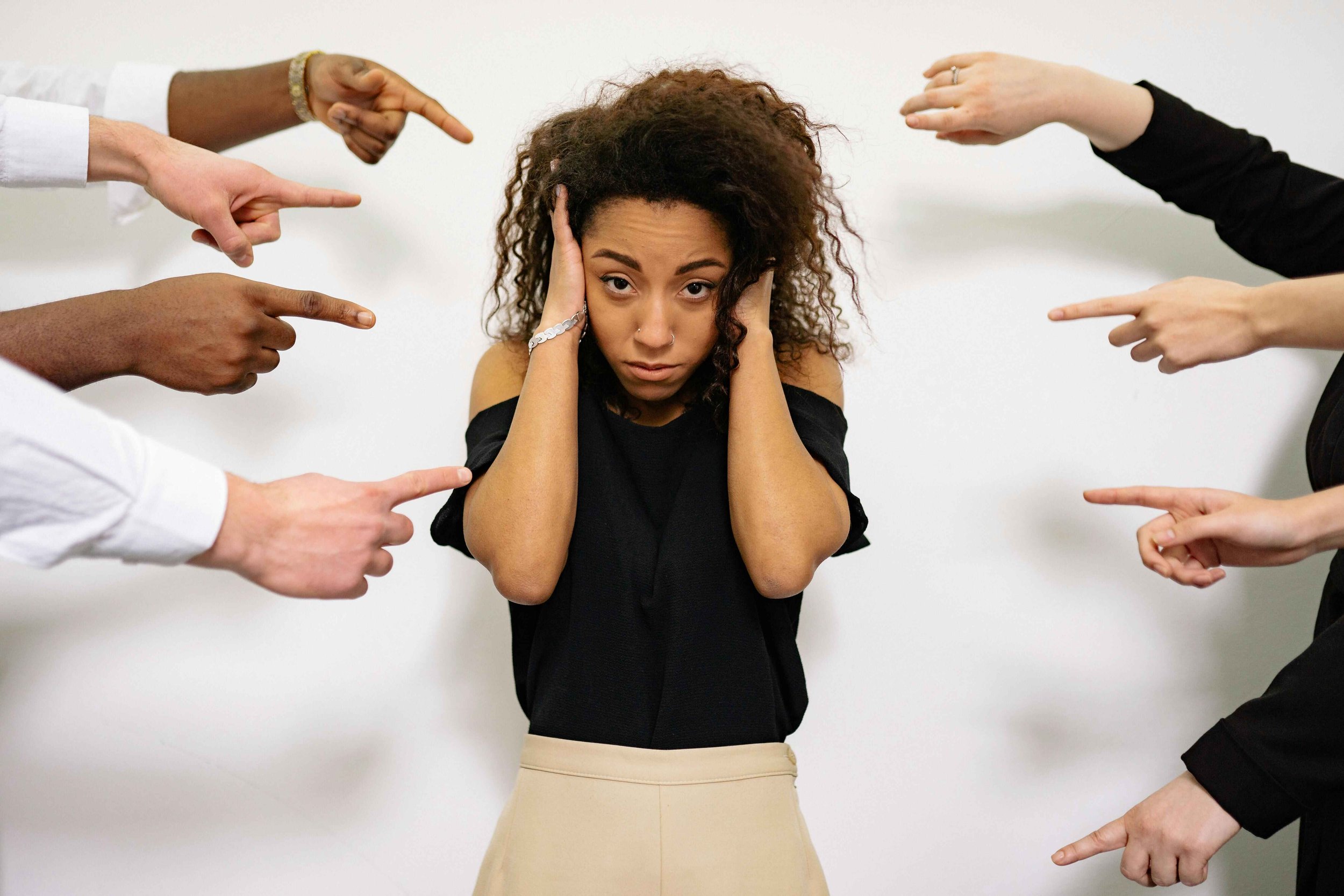Social Anxiety Disorder, sometimes referred to as SAD, can feel like an invisible barrier, making everyday interactions; whether meeting new people, speaking up in meetings, or even attending social gatherings; overwhelming and exhausting. The constant fear of judgment, embarrassment, or saying the “wrong” thing can lead to avoidance, isolation, and a lingering sense of inadequacy. While it may seem like a personal flaw, social anxiety is a common and treatable condition, and understanding its roots is the first step toward reclaiming confidence and control over your social life. Research shows that 12-13% of United States adults experience social anxiety over their lifetime.
Fortunately, overcoming social anxiety is possible with the right strategies and mindset. By combining self-awareness, practical coping techniques, and gradual exposure to feared situations, individuals can slowly reduce their anxiety and build meaningful connections. In this guide, we will explore actionable steps, evidence-based methods, and empowering habits that help transform social fear into social confidence, allowing you to participate fully in life without being held back by worry.






























